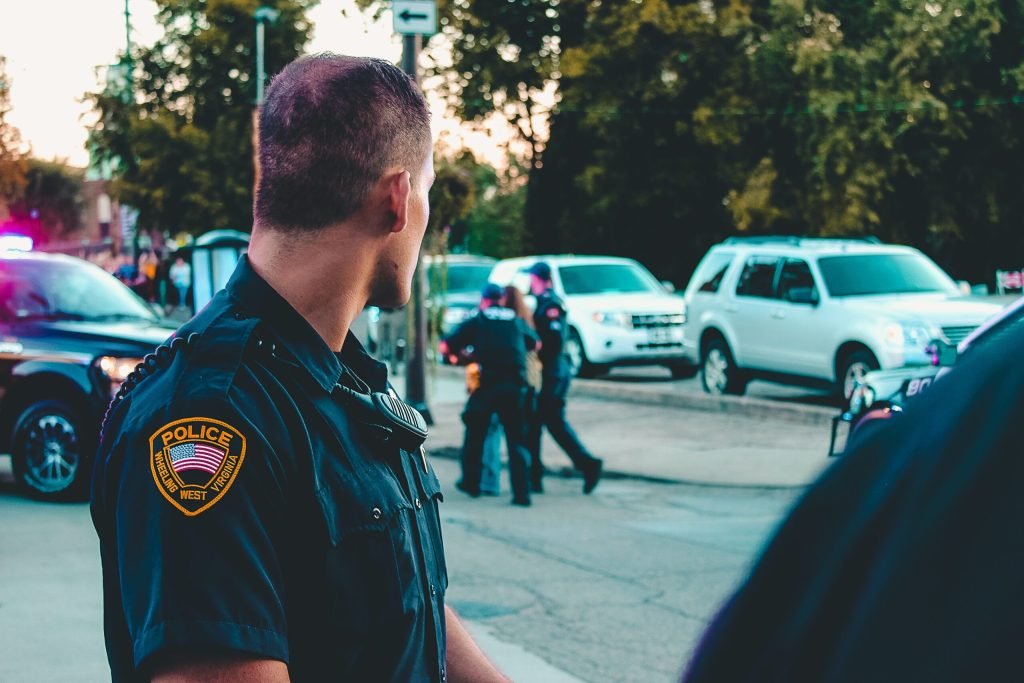What Unlawful Presence Means
Unlawful presence is staying in the U.S. after your authorizing document (for example, your visa) has expired, or presence without being formally admitted or paroled. Admitted means you lawfully entered the U.S. after inspection and authorization by an immigration officer such as a customs and border patrol officer. Entering without inspection (aka EWI) means a person entered the U.S. without documents. Paroled means you were lawfully allowed to enter the U.S. without admission documents. This option is mainly for humanitarian reasons.
How You Accrue Unlawful Presence
As briefly mentioned above, unlawful presence comes (a) when you stay in the U.S. after your document expires, (b) when you enter without being admitted or paroled, or (c) when you violate your immigrant status. Any time you leave the U.S. before you have accrued 180 days of unlawful presence and return resets your unlawful presence. For example, if your visa expired 90 days ago and you take a 90-day trip to Canada, when you return to the United States your unlawful presence will be at zero. Even if you gain more unlawful presence during your second stay, so long as it does not reach 180 days, you will not be subject to one of the unlawful presence bars, which doesn’t allow you to enter the U.S. for a certain amount of time.
You may be barred entry for reasons other than unlawful presence. These reasons will not be explored in detail here but may include severe criminal offenses, association with terrorist groups, or participation with money laundering or similar trafficking.
Results of Unlawful Presence
Many paths to immigration require that one leave the United States to apply for permanent residence through consular processing (described in another section). Thus, if you are accruing unlawful presence, you are stuck between staying unlawfully or leaving and not being able to return for 3 years, 10 years, or perhaps ever again.
When you leave the United States after accruing unlawful presence, you may trigger one of three bars to admission. The duration of that bar depends on how much unlawful presence you have. If you have less than 180 days of unlawful presence, you will not be barred from reentering the United States, but you could still be denied based on discretion. For example, you may have difficulty applying for a nonimmigrant visa, such as a tourist visa, because unlawful presence makes it difficult for you to prove you will leave once your nonimmigrant visa expires.
3-Year Bar
If you were unlawfully present for more than 180 days but less than 1 year, you may be barred from entering the U.S. for 3 years. You are not subject to the 3-year bar if you are granted voluntary departure after removal proceedings are initiated. Voluntary departure is a departure from the U.S. without an order of removal, or to leave the United States.
10-Year Bar
If you were unlawfully present in the U.S. for more than 1 year, you may be barred from entering the U.S. for 10 years. The 10-year bar applies even if you are granted voluntary departure. You may be able to return sooner, depending on whether an exception applies to your unlawful presence, or whether you can obtain a waiver for your unlawful presence (i.e. filing the I-601 or I-601A waiver based on being married to a U.S. citizen or lawful permanent resident)
Permanent Bar
If you have accrued more than one year of unlawful presence and then enter or attempt to enter the United States without being admitted or paroled, you are permanently inadmissible. Also, the one year period doesn’t have to be consecutive for the person to be subject to the permanent bar. The unlawful presence can be in a single or during multiple stays in the United States. For example, if a person entered the U.S. without documents and has stayed in the U.S. for more than 1 year, leaves the U.S., comes back to the U.S. without documents, if that person ever leaves the U.S. again, he/she would be subject to the permanent bar. Another example would be if a person entered the U.S. without documents, stayed for 6 months, reenters again without documents and stays for 7 months, that person is subject to the permanent bar. The permanent bar may apply for other reasons, such as criminal conduct and association with terrorist groups.
Unlawful Presence Bar Waiver
You can apply for a waiver of unlawful presence using the I-601 or I-601A waiver depending on your situation. Although there is the “permanent bar,” it’s not quite permanent. However, if you are subject to it, you must wait outside of the U.S. for at least 10 years before you can apply for the waiver to enter the U.S., regardless of the fact that you have a qualifying relative, like a U.S. citizen spouse. If you are subject to either the 3 or 10-year bar, a waiver can be applied for before the 3 or 10 years pass.
To get the unlawful presence bars waived, your qualifying relative will have to he/she will suffer extreme hardship if you are not admitted to the United States. Another section on this website explores unlawful presence waivers in greater detail.
When Are the Unlawful Presence Bars Triggered?
The bars are only triggered once the person leaves the U.S. after accruing unlawful presence.
Tolling Unlawful Presence
In several situations, your unlawful presence may be tolled, or paused, while you are in the United States. For example, your authorization may be on the verge of expiration, but you do not have a way to renew immediately. If you follow the steps below and meet the requirements, you may be able to have up to 120 days of unlawful presence tolled:
- Lawfully admitted or paroled into the U.S. The meaning of admitted and paroled may be found in the first paragraph of this section.
- File an application for a change or extension of status before your authorization to stay expires. This application is Form I-539, Application to Extend/Change Nonimmigrant Status. As the name of the form indicates, you can only file this form if you have nonimmigrant status and your stay in the U.S. has not expired.
- Have not been employed without authorization before or during your application. Although you may face hardship without employment, it is essential to wait to start work until you obtain an extension of stay or change of status. Otherwise, you will accrue unlawful presence while you wait for a decision.
Only unlawful presence accrued while you’re waiting for a decision on your application may be tolled. Thus, if you had 180 days or more before you filed your application, those 180 days or more would become accrued unlawful presence. If your application is denied, your waiting time will accrue as unlawful presence if your application was frivolous, untimely, or if you engaged in unlawful employment.
A new USCIS policy regarding unlawful presence goes into effect on August 9, 2018, which will affect those who are in F, J, and M status. This policy states that “Individuals in F, J, or M status who fail to maintain their status on or after Aug. 9, 2018, will start accruing unlawful presence on the earliest of any of the following:
- The day after they no longer pursue the course of study or the authorized activity or the day after they engage in an unauthorized activity;
- The day after completing the course of study or program, including any authorized practical training plus any authorized grace period;
- The day after the I-94 expires; or
- The day after an immigration judge, or in certain cases, the BIA, orders them excluded, deported, or removed (whether or not the decision is appealed).
Before this his new policy, the old policy is that a person who has one of these statuses would only start accruing unlawful presence on the earliest of any of the following:
- The day after DHS denied the request for an immigration benefit if DHS made a formal finding that the individual violated his or her nonimmigrant status while adjudicating a request for another immigration benefit;
- The day after their I-94 expired; or
- The day after an immigration judge or in certain cases, the Board of Immigration Appeals (BIA), ordered them excluded, deported, or removed (whether or not the decision is appealed).
Scenarios where you may not accrue unlawful presence include the following:
- Under age 18. However, a person under 18 is subject to the permanent bar.
- Asylee waiting for a response to an asylum application. This exception does not apply to those who work without authorization while waiting for a decision.
- The beneficiary of family unity protection. The Family Unity Program exists to protect spouses or unmarried children of legal immigrants from deportation.
- Battered woman or child. VAWA (Violence Against Women Act) self-petitioners and children.
- Human trafficking victim. The trafficking must have involved the use of force, fraud, or coercion.
Knowing how much, if any, unlawful presence you have accrued is an important part of your immigration case, and you’ll want to make sure you understand the consequences of it.


